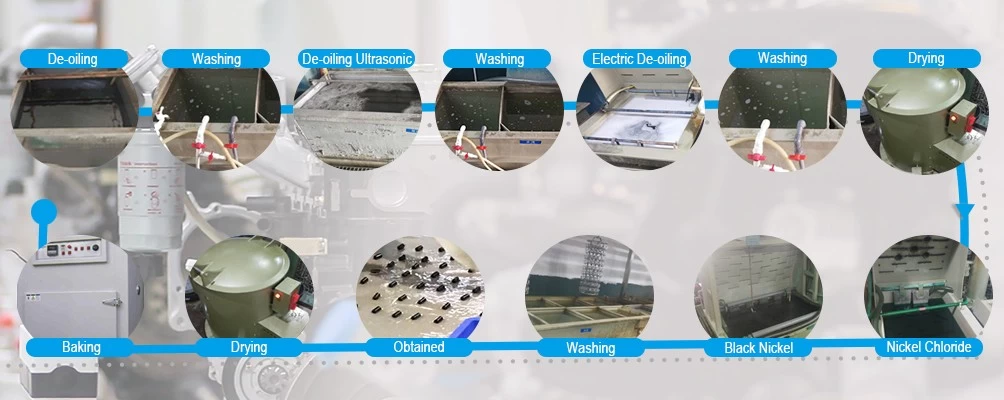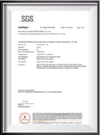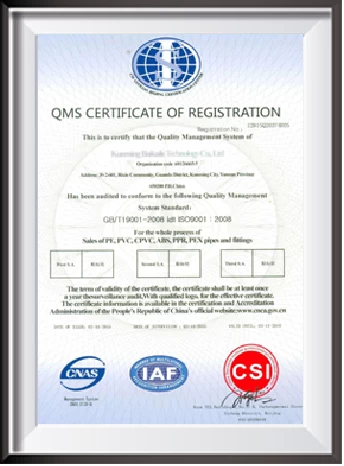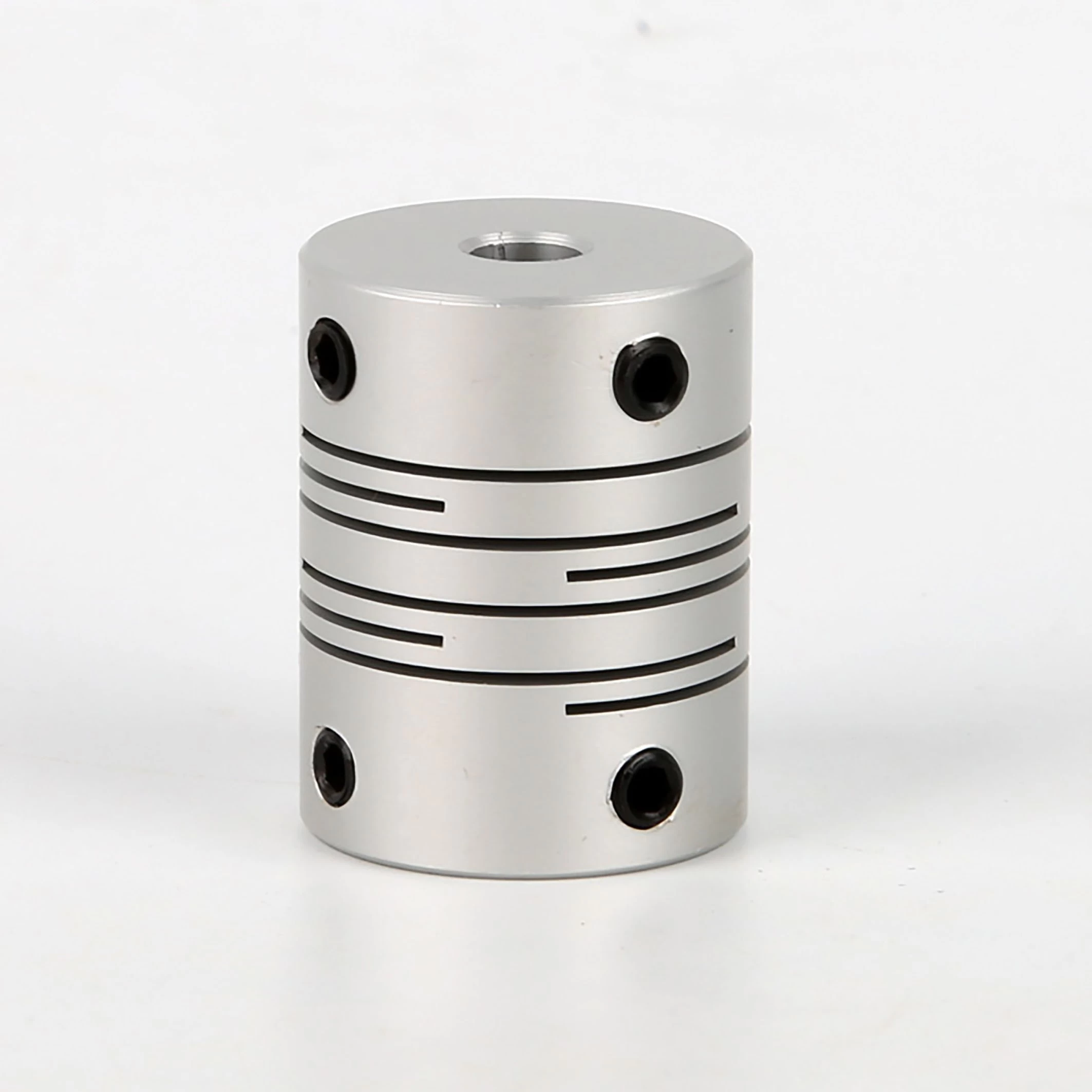Chinese fishermen caught up in Asian geopolitical conflict
naky
www.diecastingpartsupplier.com
2016-09-02 14:28:38
The territorial tensions that are inflaming relations between China and its neighbours are due in part to a collapse in local fish stocks, which is pushing the Chinese fishing fleet into conflict with nearby states.Friction between China and Japan in the East China Sea tends to flare shortly after China’s annual summer fishing ban — imposed to protect domestic fisheries — is lifted at the start of August. Similarly, diplomatic and military jostling in the South China Sea plays out against a backdrop of a steady stream of Chinese fishing boats captured in the waters of Indonesia and the Philippines, in what the Chinese foreign ministry has called China’s “traditional fishing grounds”.
On the first day of August, the crackle and bang of fireworks marked the start of the fishing season in the coastal community along China’s eastern seaboard. A few days later, Japanese diplomats began vociferously protesting against the arrival of a 230-boat flotilla in disputed waters near islands that Japan calls the Senkaku and China the Diaoyu, accompanied by about a dozen Chinese coastguard vessels.
Fishermen in Zhoushan, the eastern archipelago that is home to one of China’s largest fishing communities, say their boats have been pushed further afield by pollution and overfishing in China’s coastal waters.“In all the seas of China there are no fish,” says Li Minkui, a tanned migrant worker who has drifted to Shenjiamen, the archipelago’s market port, looking for a spot on a boat before the start of the season. Over the 20 years he has worked in and around fishing boats, he says he has seen declines both in catches and the size of fish.
Foreign analysts sometimes depict Chinese fishing boats as convenient fronts for paramilitary expansionism. But the technocrats setting Chinese fishing policy frame it the opposite way: China’s need to catch fish justifies a stronger international stance. The Chinese ambassador to Tokyo said that the dozen coast guard vessels deployed to the East China Sea this month were to “protect its fishing boats”.Earlier this month, China’s minister of agriculture said the country would trim its fishing fleet to preserve local fish stocks. Previous initiatives have been coupled with incentives to expand the long-distance fleet, thus increasing the fishing pressure in international waters.
But that is far from the only factor. Chinese processors are the largest source of seafood imported into the UK, and account for substantial shares of the fish sold in Europe, North America, Japan and Korea. Almost half the Chinese fleet’s catch in international waters is ultimately exported.Meanwhile, rapid expansion fuelled by debt and government incentives has left Chinese fish processors struggling with overcapacity, like many other industries in China. That encourages Beijing to subsidise the Chinese fishing fleet to keep searching for diminishing supplies of fish, just to maintain jobs in fish processing, boatbuilding and other related industries
“If the country wasn’t subsidising the diesel, half the boats here would be off the water,” says Mr Chen, a boat owner from Zhoushan who believes he is the last generation in his family to make a living off the sea. “But fishermen need to fish. If there aren’t fish in our waters, we need to go somewhere else.”



















